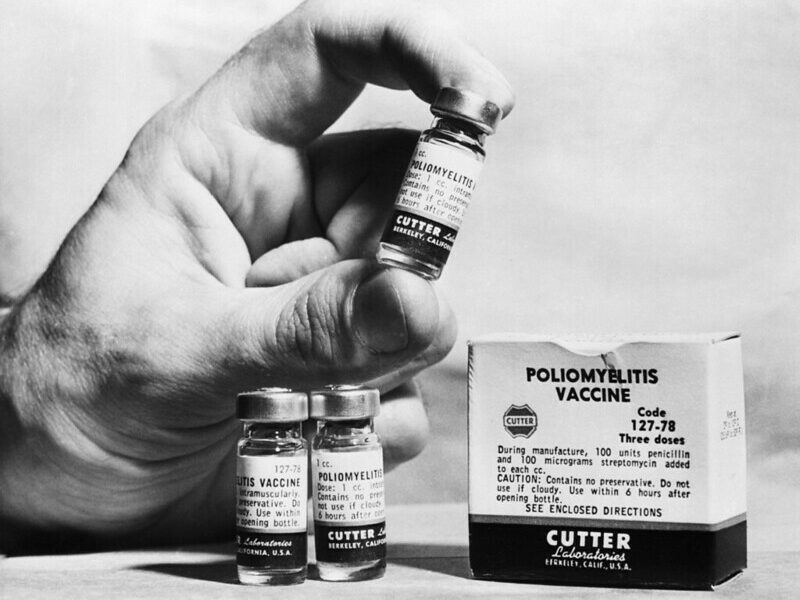On February 2016, in a district of Piracicaba, Brazil, genetically modified (GM) mosquitoes were released in an effort to reduce diseases transmitted by the Aedes aegypti mosquito. Now, five months later, it has been announced that the incidence of dengue in this district has fallen by 91%. This reduction can be compared to the 52% decrease in incidence in the rest of Piracicaba, where the only vector control measure employed was the elimination of standing water sources [1-3].
The GM male mosquitoes produced by the company Oxitec carry a dominant lethal gene that prevents the mosquitoes from producing viable offspring, thus breaking the mosquito’s life cycle. GM male A. aegypti mosquitoes must first be released in an affected area, here they will reproduce with wild female A. aegypti mosquitoes and pass their copy of the lethal gene to their offspring. These offspring do not survive past the larval stage and will therefore not have an opportunity to become disease vectors or to proliferate the species [2, 4].
If employed, this method of vector control would have a significant positive impact on the environment by eliminating the need to use pesticides. Pesticides have the potential to harm and bio-accumulate in wildlife and to persist in the environment. However, some scientists argue that the GM mosquitoes’ environmental safety has yet to be proven [2].
The positive results from this small trial in Piraciaba (population of approximately 5,000 people) are a step in the right direction in Brazil’s fight to control their Zika outbreak, which is also transmitted by A. aegypti. However, the GM mosquitoes are still in the trial stage in Brazil. Before a widespread release of the mosquitoes can occur, which have been classified as a ‘novel medical technology’ by the Brazilian health regulatory agency (Anvisa), Oxitec must prove that this novel technology is safe and that it can reduce the transmission of vectorborne illness [2]. Before being tested in Piracicaba, successful trials of the GM mosquitoes had already taken place in Juazeiro, Bahia state, Brazil; Malaysia; and the Cayman Islands [5]. Despite Oxitec having shown that the GM mosquitoes are safe and effective at reducing A. aegypti populations, there has not been evidence published stating that through these measures, the rates of disease are effectively reduced [2].
Results of the trial in Piracicaba come at the heels of a study published by British researchers stating that the Zika outbreak in Latin America could last for at least three more years [6, 7]. The Zika outbreak has already led to 1,709 babies born with Zika-linked microcephaly [8]. If the outbreak persists for three more years, it has the potential to cause an even more significant long-term public health impact.
[1] http://www.nature.com/news/the-week-in-science-15-21-july-2016-1.20278
[2] http://www.nature.com/news/why-transgenic-insects-are-still-not-ready-for-prime-time-1.19804
[3] https://www.newscientist.com/article/2097653-first-evidence-that-gm-mosquitoes-reduce-disease/
[5] http://www.nature.com/news/brazil-tests-gm-mosquitoes-to-fight-dengue-1.10426
[6] http://science.sciencemag.org/content/early/2016/07/13/science.aag0219
[7] http://www.reuters.com/article/us-health-zika-immunity-idUSKCN0ZU29N
[8] http://www.business-standard.com/article/news-ians/brazil-confirms-1-709-microcephaly-cases-linked-to-zika-116072100775_1.html
